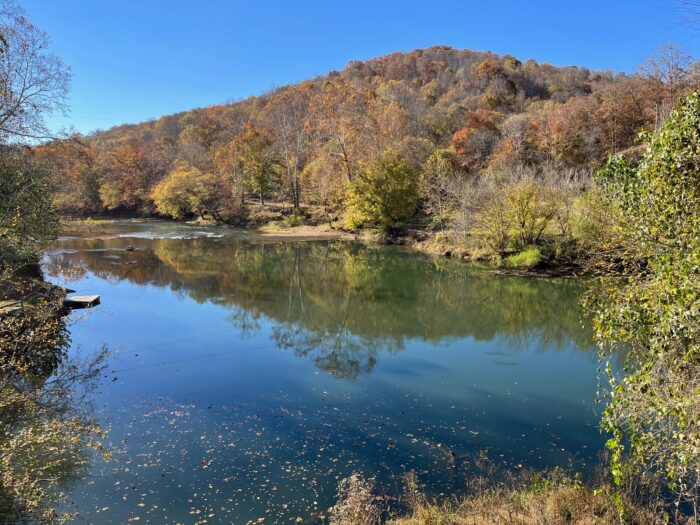Your browser doesn't support audio playback.
A national network of grassroots environmental organizations is suing the U.S. Environmental Protection Agency (EPA) to issue regulations to prevent and contain hazardous substance spills.
The lawsuit argues that for more than 50 years, the EPA has avoided issuing congressionally-required regulations to prevent and contain hazardous-substance discharges.
“For generations environmental justice communities have lived next to some of the most hazardous facilities in the country that threaten the bodies of water our families rely on to survive,” said Michele Roberts, national coordinator of the Environmental Justice Health Alliance for Chemical Policy Reform in a press release. “Now more than ever we must prioritize creating safe and healthy places where all of our children can thrive and grow. The EPA’s do-nothing approach leaves us one incident away from a catastrophe.”
Maya Nye is a member of People Concerned About Chemical Safety, one of the plaintiff organizations in the suit. Nye is also one of two West Virginians named individually as a plaintiff. She said this suit is just the latest step in a long battle to force the agency to do its job.
“We want to be protected from chemical disasters, and not only our community, you know, we don’t want to go through another Elk River chemical spill,” Nye said.
“But we also aren’t the only community that is dealing with storage tanks of hazardous substances that can leak into waterways that harm all of our water. We want to be protected from chemical disasters like these, and ultimately, hope to see that this regulation is strong and can do that.”
The suit cites the 2014 Elk River Spill, which left 300,000 West Virginians without usable drinking water for more than a week, as a concrete example of the need for better spill regulations.
Nye said the thousands of gallons of a coal-cleaning agent that leaked from a Freedom Industries storage tank sparked a 2015 suit that ended up in a consent decree with the EPA. However the resulting 2019 “Final Action” has become known to communities and activists as the “Do Nothing Rule”.
“The EPA said they were going to issue regulations, and then when they did, they essentially said that they would issue no regulations,” she said. “Essentially nothing happened. This lawsuit is following up on that because we believe that they abdicated their duty to issue those regulations under the Clean Water Act.”
Despite recent staffing cuts at the EPA, Nye is confident that the suit can be a positive step towards correcting a long history of chemical disasters in the Kanawha Valley and other communities like it around the country.
“If this regulation is passed, this will just be one step closer to being protected from all of the many chemical disasters that have happened in this area over decades,” she said.
